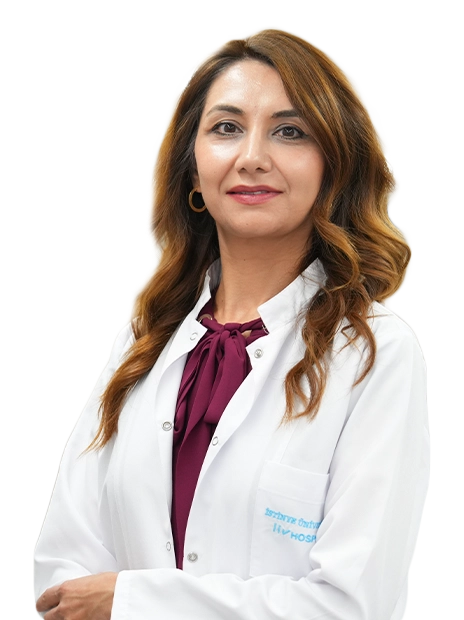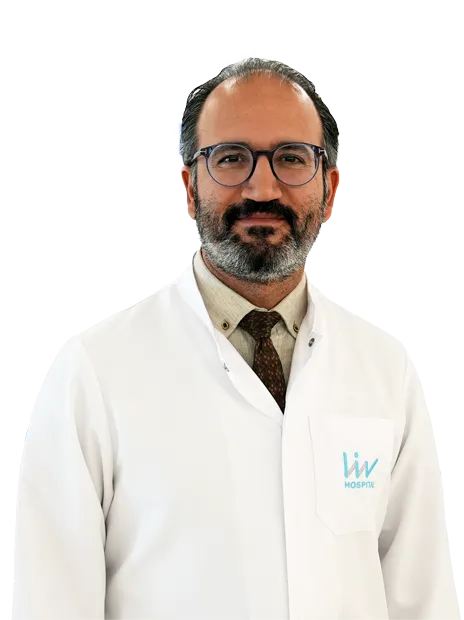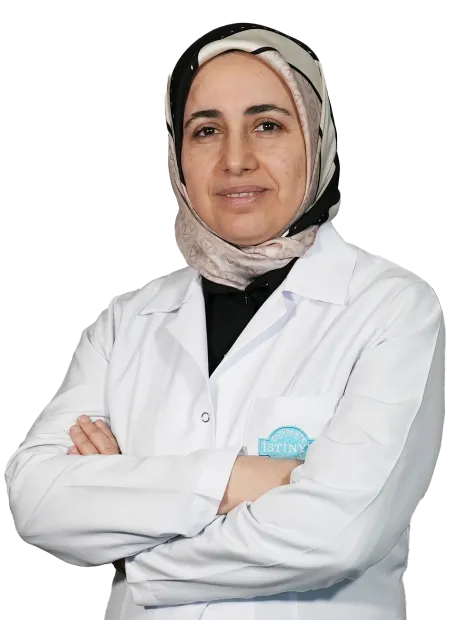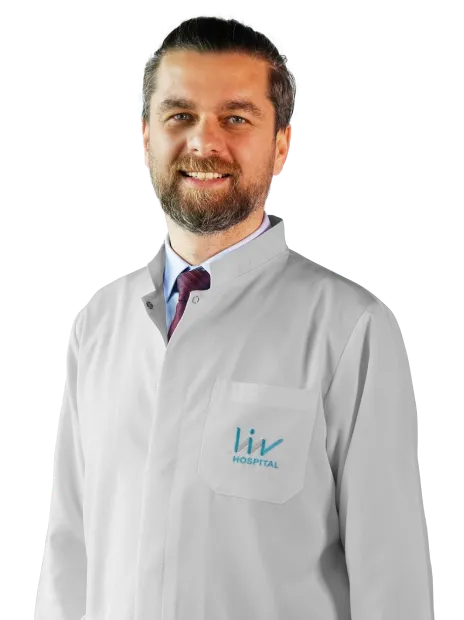Screening tests are key for catching diseases early in people who don’t show symptoms.
Screening tests help find health problems in those who seem fine. This way, we can start treatment early.

Some common screening testing include mammograms for breast cancer, Pap smears for cervical cancer, and tests for colon cancer. These include FIT, colonoscopy, and flexible sigmoidoscopy.
Key Takeaways
- Screening tests are vital for spotting health issues before they cause symptoms.
- Early detection leads to quicker treatment.
- There are many screening tests for different cancers.
- Screening tests are key for keeping us healthy.
- Examples include mammograms, Pap smears, and colonoscopies.
The Role of Screening Tests in Preventive Healthcare
Preventive healthcare is key to keeping us healthy. Screening tests are a big part of it. They help find health problems early, so we can act fast.
Definition and Purpose of Screening Tests
Screening tests are not meant to diagnose, but to spot who needs more tests. They aim to catch diseases early, when they’re easier to treat.
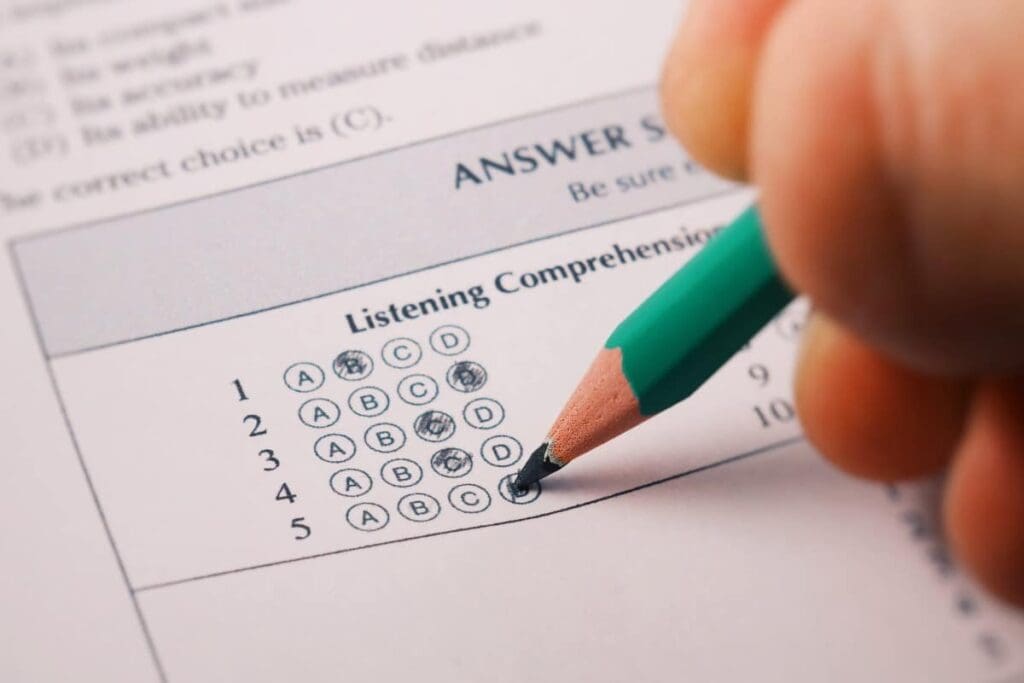
How Screening Differs from Diagnostic Testing
It’s important to know the difference between screening and diagnostic tests. Screening tests find possible health issues. Diagnostic tests confirm if you have a disease. Diagnostic tests are more specific and are used after a screening shows a problem.
Benefits of Early Detection Through Screening
Screening tests have many benefits. They help find problems early, leading to better health and sometimes stopping diseases from getting worse. Some main benefits are:
- Improved Treatment Outcomes: Finding diseases early means they can be treated more effectively.
- Reduced Healthcare Costs: Early detection can save money by avoiding expensive treatments later.
- Enhanced Quality of Life: Early treatment can greatly improve how well you feel and live.
Understanding screening tests helps us see their value in keeping us healthy. They are a key part of preventive healthcare.
Common Cancer Screening Testing Methods
We use many cancer screening methods to find the disease early. These tests look for cancer in people who don’t show symptoms. They help find cancer when it’s easier to treat.
Breast Cancer Screening
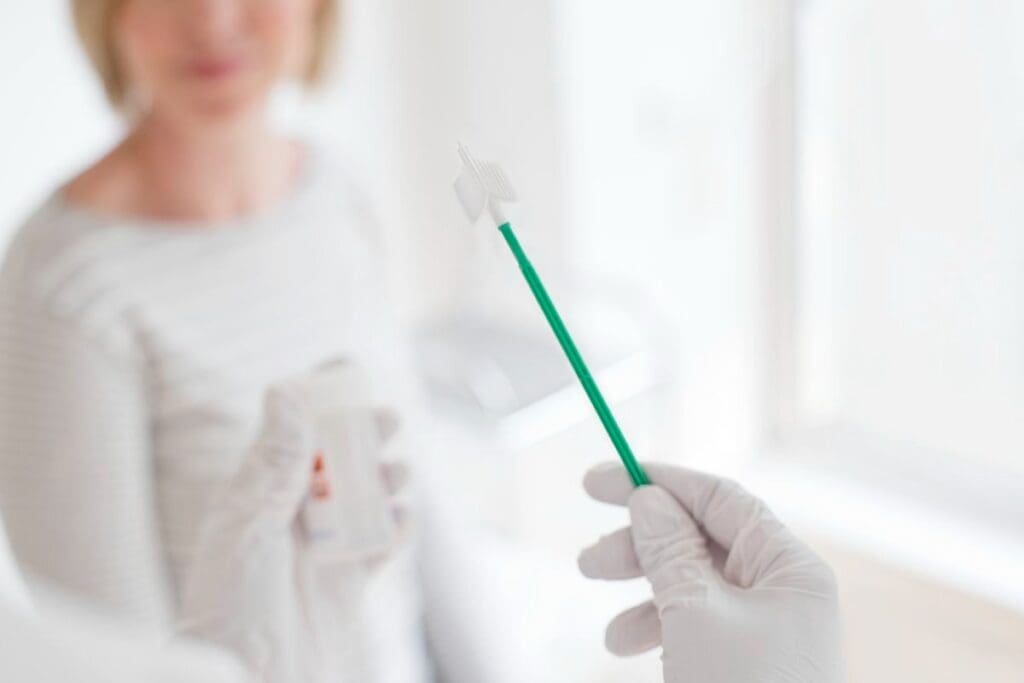
Cervical Cancer Screening
Cervical cancer screening includes the Pap smear and HPV testing. These tests find abnormal cell changes in the cervix. Women aged 21 to 65 should get screened regularly.
Lung Cancer Screening
Low-dose CT scans are for lung cancer screening in high-risk people, like heavy smokers. This method can lower the risk of dying from lung cancer by finding it early.
Regular cancer screening tests can greatly improve treatment chances by finding cancer early. It’s key to follow the recommended screening guidelines for different cancers.
Cardiovascular and Metabolic Screening Tests
Cardiovascular and metabolic diseases are major causes of death worldwide. Screening tests help find problems early. This is key to staying healthy and avoiding serious issues.
Blood Pressure Screening
Blood pressure screening is a simple test that checks blood pressure against the artery walls. High blood pressure is a big risk for heart disease and strokes. It’s important to check blood pressure often, more so if you have a family history or are overweight.
Understanding blood pressure readings is key: 120/80 mmHg is normal. Anything above 130/80 mmHg is high. Catching high blood pressure early helps prevent serious problems.
Cholesterol Testing
Cholesterol testing checks different types of cholesterol in the blood. High LDL cholesterol can cause artery blockages. Adults should get tested every five years, more often if you’re at risk.
Cholesterol tests look at LDL, HDL, and triglycerides: knowing these numbers helps doctors plan how to lower your risk. This might include diet changes, exercise, or medication.
Blood Glucose Testing for Diabetes
Blood glucose testing helps find and manage diabetes. Diabetes can cause heart disease and nerve damage. It’s vital for those at risk, like those with a family history or obesity.
Managing diabetes means: checking blood sugar, eating right, exercising, and taking medicine if needed. This can prevent serious complications.
In summary, tests for heart and metabolic health are critical. They help catch problems early. By using these tests, we can stay healthy and avoid serious issues.
Bone Health and Other Essential Screening Tests
There are many important medical tests beyond cancer and heart screenings. These tests help find health problems early. This way, we can get help quickly and live better lives.
Bone Density Testing for Osteoporosis
Bone density tests are key for finding osteoporosis. Dual-energy X-ray absorptiometry (DXA) is the main test for this. It’s important for people, mainly women after menopause and older adults, to get tested.
These tests are very important. They help find people at risk of breaking bones. Doctors can then suggest treatments and changes in lifestyle to help.
Vision and Hearing Screenings
Vision and hearing tests are vital. They catch problems like cataracts and hearing loss early. This helps keep our quality of life high.
- Vision tests find eye problems early, so we can treat them quickly.
- Hearing tests spot hearing loss, helping us get the right help, like hearing aids.
Depression and Mental Health Screenings
Mental health is as important as physical health. Screenings for depression and other mental health issues are key. They help find problems early, so we can get help fast.
“Mental health is just as important as physical health, and screenings can help identify issues early, allowing for timely interventions.”
Sexually Transmitted Infection (STI) Screenings
STI tests are critical for catching infections early. They are important for anyone sexually active, and even more so for those with many partners. STI screenings find infections like chlamydia and syphilis, helping us get treatment quickly.
Adding these important tests to our health care routine is a smart move. They help us find problems early. This way, we can get help fast and live better lives.
Conclusion: Making Informed Decisions About Screening Tests
Knowing about different screening tests helps people make smart health choices. We’ve looked at various health screenings. These include tests for cancer, heart health, and bone health.
Talking to doctors helps find the right tests for each person. This way, people can stay healthy and catch problems early. It’s all about being proactive with health checks.
Regular health screenings are key to staying healthy. They help find and treat problems early. We suggest talking to your doctor about which tests are best for you.
FAQ’s:
What is a screening test?
A screening test is a medical test for people without symptoms. It helps find diseases early, so treatment can start sooner.
How do screening tests differ from diagnostic tests?
Screening tests look for health issues in people who don’t show symptoms. Diagnostic tests confirm a diagnosis in those with symptoms or a positive screening result.
What are the benefits of early detection through screening?
Early detection helps by starting treatment early. It lowers the risk of serious problems and can improve survival chances.
What are some common cancer screening tests?
Common tests include mammograms for breast cancer, Pap smears and HPV tests for cervical cancer, and low-dose CT scans for lung cancer.
How often should I undergo cancer screening tests?
How often depends on your risk, age, and health history. Talk to a doctor to find out.
What is the importance of blood pressure screening?
Blood pressure screening is key for catching high blood pressure early. This is a big risk for heart disease.
What is the purpose of cholesterol testing?
Cholesterol tests check your risk for heart disease. They look at LDL and HDL cholesterol levels.
Why is bone density testing important?
Bone density tests find osteoporosis and fracture risks. They help start early treatment and management.
How can I determine the most appropriate screening tests for my individual health needs?
Talk to a doctor to find the right tests for you. They’ll consider your health, risks, and history.
What is the role of health screenings in preventive healthcare?
Health screenings are key in preventive care. They catch issues early, leading to better health outcomes.
What are some other essential screening tests?
Other important tests include vision, hearing, depression, and STI screenings. They help keep you healthy and catch problems early.
References
- American Academy of Ophthalmology. (2024). Eye Screening for Adults.https://www.aao.org/eye-health/tips-prevention/eye-screening-for-adults




